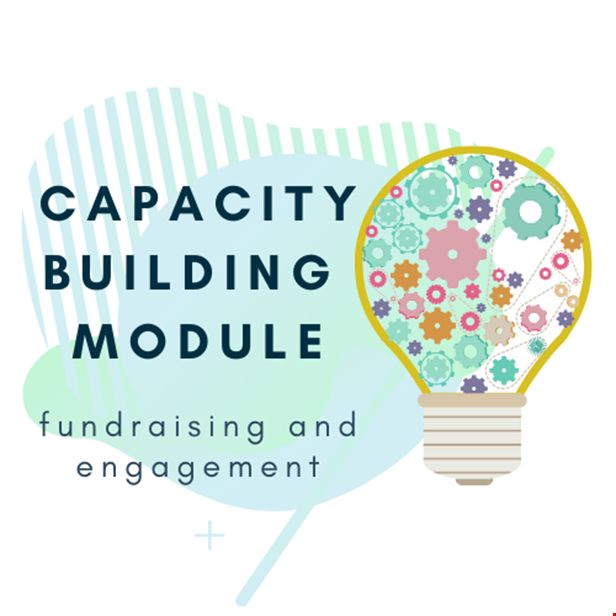Lifting patient voices as partners
 by Anna Stevenson, President, Association for Adenomyosis and Endometriosis Research and Science
by Anna Stevenson, President, Association for Adenomyosis and Endometriosis Research and Science
When I found the Fundraising and Engagement module, I was hopeful: here was a capacity-building course run by patients with a wide range of experiences, in a group with other advocates, and at EU level. This held a promise of diversity and support, two things any patient org can use. At our level, as a new organization to raise voices for more diverse research into adenomyosis and endometriosis, we looked forward to developing our knowledge, identifying any weaknesses, and learning how to manage both. Initially we worried that historical taboos around women could impact the quality of our training, and these concerns were shared by others. However, it was handled with respect and sensitivity.
We began with core values for our organization: trust, ethics, teamwork, and responsibility. Our main goal was to build relationships that shared these values. Our course project was for an ethics committee round table we had been invited to, during two days of humanities research around endometriosis and inequality. For several decades, endometriosis patients have raised the issues of being silenced and having our lived experience used against us, rather than to improve care. In the thirty years since it was first measured, the diagnostic delay around the world has remained the same: 10 years on average. Despite our requests, patients are either not included in research or included minimally, so it is only normal that doctors do not know what to look for.
I felt almost ridiculous raising this during the module, because we are so used to being told that we have to try harder. Instead, our coach involved the group as for all conditions, advised that I see the issues for what they are, and that we respond according to our values. We explored what that could mean - as a result, when the research days happened as they did, I knew there was an ethical response.
While the research presented did indeed confirm that patients are ignored, it also compounded issues: patient voices were characterized as “subjective” and “needing to be submitted to expert analysis to be objectified and filtered.” When specific issues were raised by patients attending the research days, we were told “other conditions are worse” and that “we have to be smart and have a strategy,” without anything more. The patients who raised the issues are in fact published authors, legal experts, doctors, researchers in our own rights, and leaders of patient collectives. Because the researchers spoke to us as if our presence was a nuisance rather than an opportunity, I boycotted the round table, and wrote a statement which was read out loud. In it, I reminded researchers that patients are objective participants in their diseases: we are the experts of what we live. Our subjectivity is not separate, and must be included as equal partners if we are to hope for knowledge and treatments to improve.
In the EPF module, feedback from fellow patients and coaches was instrumental: it gave a perspective that helped feel supported, less alone, part of a group. Concretely, I was able to arrive at new ways of seeing problems that helped develop a unique response. This clarified our purpose and strengthened relationships, as well as creating new ones. Indeed we gained the support of more advocates, doctors, and hospitals, as well as being invited to support others.
